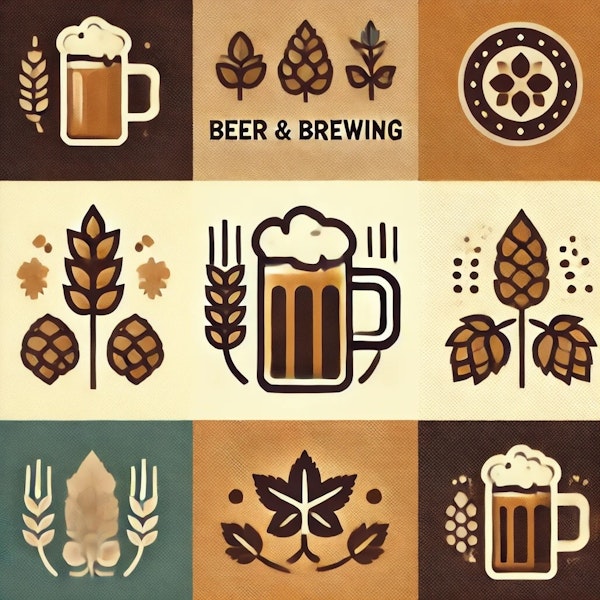
Brewers have often used pH to describe the sourness of their beer, but recent research has shown not only that titratable acidity correlates more closely to perceived sourness, but that additional factors are also important. Stan Hieronymus elaborates.
When breweries contract their hops usage at least three years in advance, it lets hops growers better project the varieties to grow and whether to expand the farms, helps prevent shortages or overages, and creates more stability in the hops market.
Just follow the example of the monks at Mount Angel Abbey and ask yourself these nine questions before you tackle your first abbey-style beer.
At the core of almost every hops-forward lager, Pilsner, or otherwise brewed in America is one of two families of industrial yeast strains.
What makes the hops that Monastery of Christ in the Desert sells most interesting is not necessarily that monks grow them, but that they are bred from native American hops, otherwise known as neomexicanus.
American brewers interested in making beers that fit under the rather broad umbrella of saison don’t necessarily need to look toward Wallonia. The answer may be in their own backyards.
Researchers recently have begun to unravel the mystery of hops aroma, but many unknowns remain.
Here are 6 tips for getting enough sugar into the wort for the yeast to produce high levels of alcohol and keeping the yeast healthy at ultra-high ABVs.
Stan Hieronymus shares the three keys to brewing successfully with wet hops and the four “rules of hops” that you should understand.
Stan Hieronymus gives you the lowdown on some new hops varieties, including German ones that American brewers are clamoring to try.